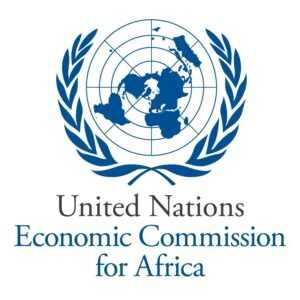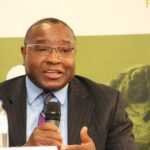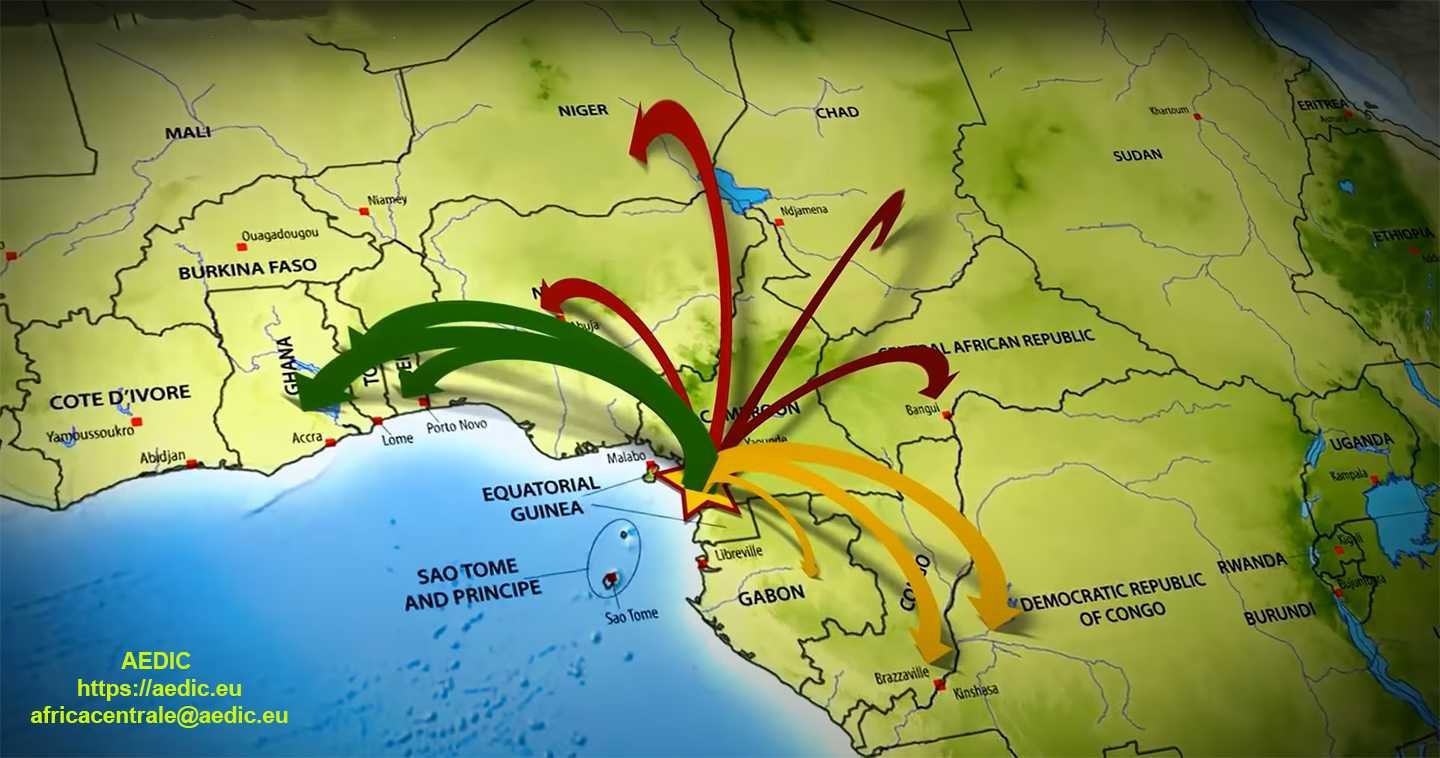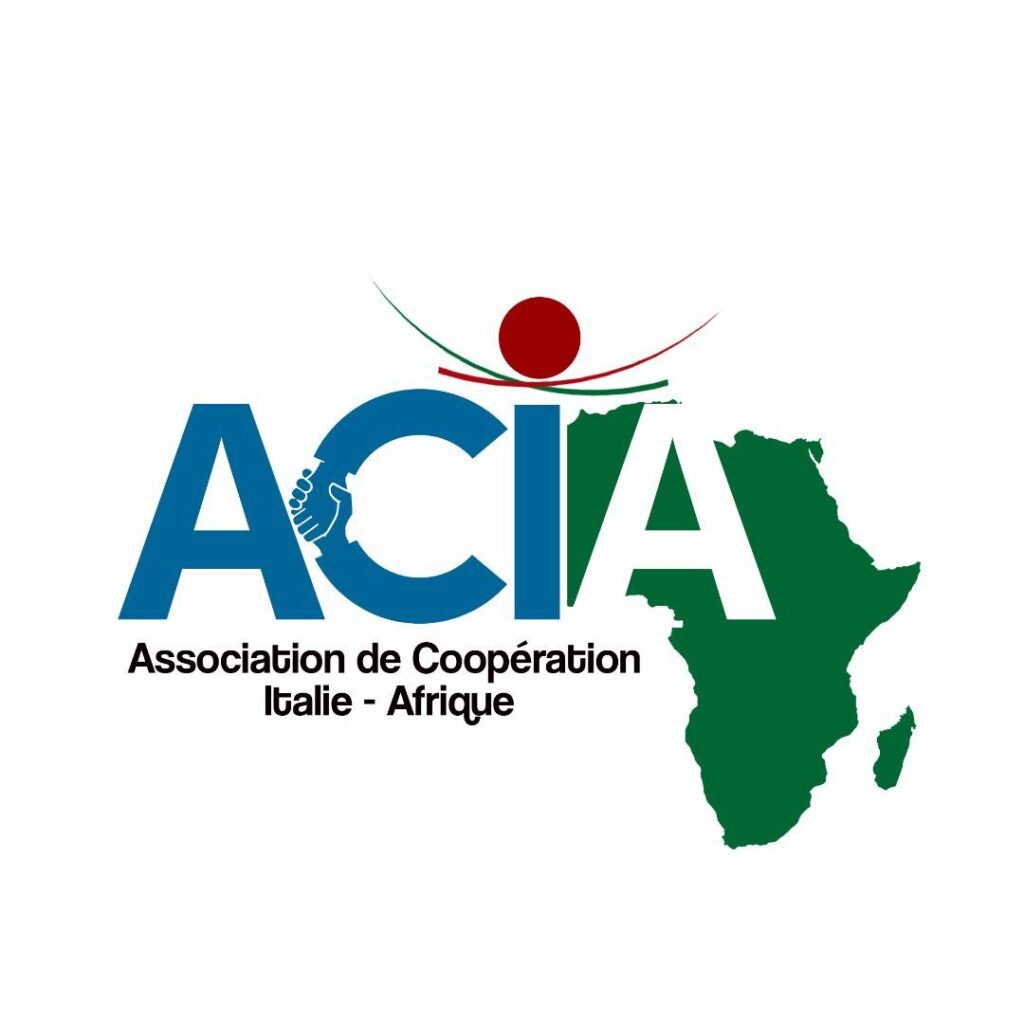The agreement signed and entered into force on 1 January 2021 and that in fact starts AfCFTA or The African Continental Free Trade Treaty, (in English African Continental Free Trade Agreement, abbreviated AfCFTA is an international treaty regulating the opening of borders and the creation of a free trade area between African member countries.
As of July 2019, there were 54 signatories. The only African state that has neither signed nor ratified the agreement is theEritrea.
The treaty provides for zero tariffs on 90 per cent of goods crossing the borders of signatory states. Also included are the serviceswhich is crucial since they accounted for 53 per cent of the continent's GDP in 2017, says the United nations economic commission for Africa (Uneca). In this transitional phase, duties will only remain in place on a limited number of economic sectors deemed particularly sensitive to national interests.
Given that such a radical change cannot happen overnight, there is a five-year buffer period, which can be extended by the most fragile economies. As theIspi (Institute for International Policy Studies), this is the first step of:
"a longer journey which provides as subsequent stages, in the not yet near future, the customs and monetary union'.
The basic idea behind the free trade area is to lay the foundations for African countries to start creating added value, i.e. to process the raw materials they are rich in, to equip themselves with processing facilities for agricultural products, for example.

And all this will lead to greater prosperity and create millions of jobs. The free trade area has the power to trigger this process. This is a long process, which will not be over in a short time and which will have to be accompanied by infrastructure and implementation of what is currently only on paper.
The United Nations Economic Commission for Africa (UNECA) estimated that, by 2022, the agreement would increase the

intra-African trade of the 52 per cent. Last 22 December, in Addis Ababa, David Luke took the floor, coordinator of theAfrican Trade Policy Centre (ATPC) of the Economic Commission for Africa (ECA).
"AfCFTA should work as it is the only route of the continent towards development sustainable. Let us not underestimate the importance of this initiative. There is no plan B'
- stated David Luke during a webinar.
This treaty will create millions of new jobs in Africa
So trade on the African continent opens up a market of 1.2 billion people worth USD 2.5 trillion GDP and soon with investments by foreign investors could turn into and become 4,000.
The goal of this huge project that has just begun is ambitious: the creation of millions of new jobs that would benefit young people and women.
Listen to the interesting interview with Professor Gianfranco Tusset, Professor of History of the University of Padua on the opportunities generated by market opening only African.
Managing change and your expansion in Africa calmly and professionally
Thanks to important bilateral recognitions and collaborations with institutions, port agencies etc, for your economic breakthrough in Africa, AEDIC offers the opportunity to enter a safe harbour, with tax benefits and tax relief for 10 years, concessions and low cost of highly educated skilled labour in central location in AFRICA.
When you have decided to act, we provide you with all the essential risk management tools throughout the investment lifecycle.

Aedic with its consultants gives you the opportunity to enter Central Africa and take a position where the industrial city of Kribi is being built.
Watch this video to better understand what we are talking about.
What do you wish to do now?
if you would like to get in touch with us to develop your Business in Africa fill in the form see below, one of our consultants will contact you within 24 hours
Business Consultant | New Global Business and Internationalisation Expert
Specialised in accompanying companies to global markets, I combine academic and operational skills to develop effective and sustainable internationalisation strategies. With a focus on innovative business models, transnational contracting and corporate social responsibility, I help companies navigate the complexities of emerging markets and informal economies.
Academic Profile
Master's Degree in Economics and International Finance with experience in Swiss and global contexts, is adjunct professor at the Catholic University of the Sacred Heart (Brescia) from 2021. He teaches:
-
International Contractslegal frameworks for operating in complex markets.
-
Informal economy in developing countriesCritical analysis of socio-economic dynamics and market opportunities.
-
Management of local and global enterprisesOperating models for 'Born Global' companies and integration of digital technologies.
Practical approach
I work with SMEs and multinationals for:
✔ Reducing cultural and logistical barriers through digital tools (OMS, ERP, 3D platforms).
✔ Implementing multiplication strategies for expansion into priority markets, with case studies in the US, UAE and Asia.
✔ Integrating social responsibility in business plans, with a focus on ethical supply chains.
Objective of the blog
Sharing insights on new global business models, practical cases of internationalisation and technological trends that are revolutionising cross-border trade.
'Success in the global economy requires not only technical expertise, but a systemic vision that combines digital innovation, cultural adaptation and sustainability'.
For collaboration or consultancy: Link






